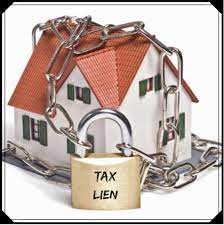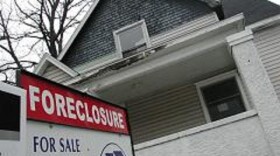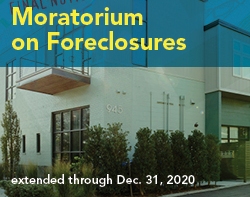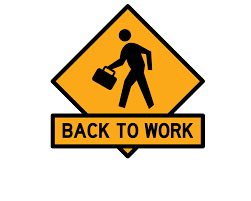 Prior blog posts have discussed the concept of surplus monies in foreclosure proceedings. When a foreclosed property is sold at public auction, the winning bid may exceed the total amount owed to the entity foreclosing on the property. In such a case, the excess funds are considered “surplus funds,” and the Court-appointed Referee will then deposit the surplus funds with the New York State Department of Finance, which has the authority to disburse the funds to the proper party, upon receipt of a Court order from the Court that handled the original foreclosure case.
Prior blog posts have discussed the concept of surplus monies in foreclosure proceedings. When a foreclosed property is sold at public auction, the winning bid may exceed the total amount owed to the entity foreclosing on the property. In such a case, the excess funds are considered “surplus funds,” and the Court-appointed Referee will then deposit the surplus funds with the New York State Department of Finance, which has the authority to disburse the funds to the proper party, upon receipt of a Court order from the Court that handled the original foreclosure case.
Most foreclosure cases involve mortgage debt to an institutional or individual party, usually involving the amounts borrowed by the owner in order to purchase the property, or a loan taken out on the property after it is purchased, such as a second mortgage. However, there is another category of foreclosures that may generate surplus funds – tax lien foreclosures.
Tax lien foreclosures occur when the owner of real property fails to pay property taxes due on his property. Unless the property is tax-exempt, such as a property owned by a non-profit or religious institution, there are generally local real estate taxes, such as village, city, school, and county taxes assessed to the property. Depending on where the property is located, one or more of these taxes would be assessed to the property, either on an annual, semi-annual, or other type of payment schedule as determined by the taxing entity.
 New York Real Estate Lawyers Blog
New York Real Estate Lawyers Blog










